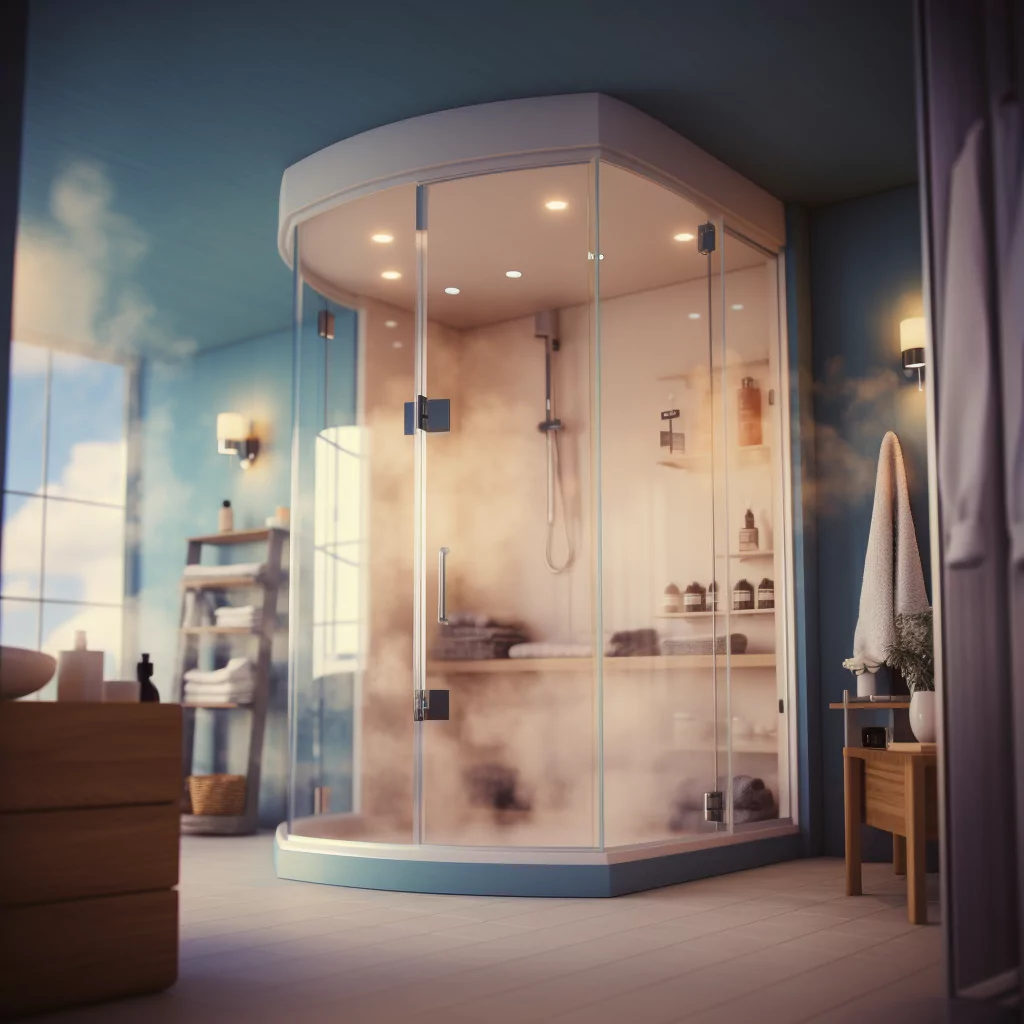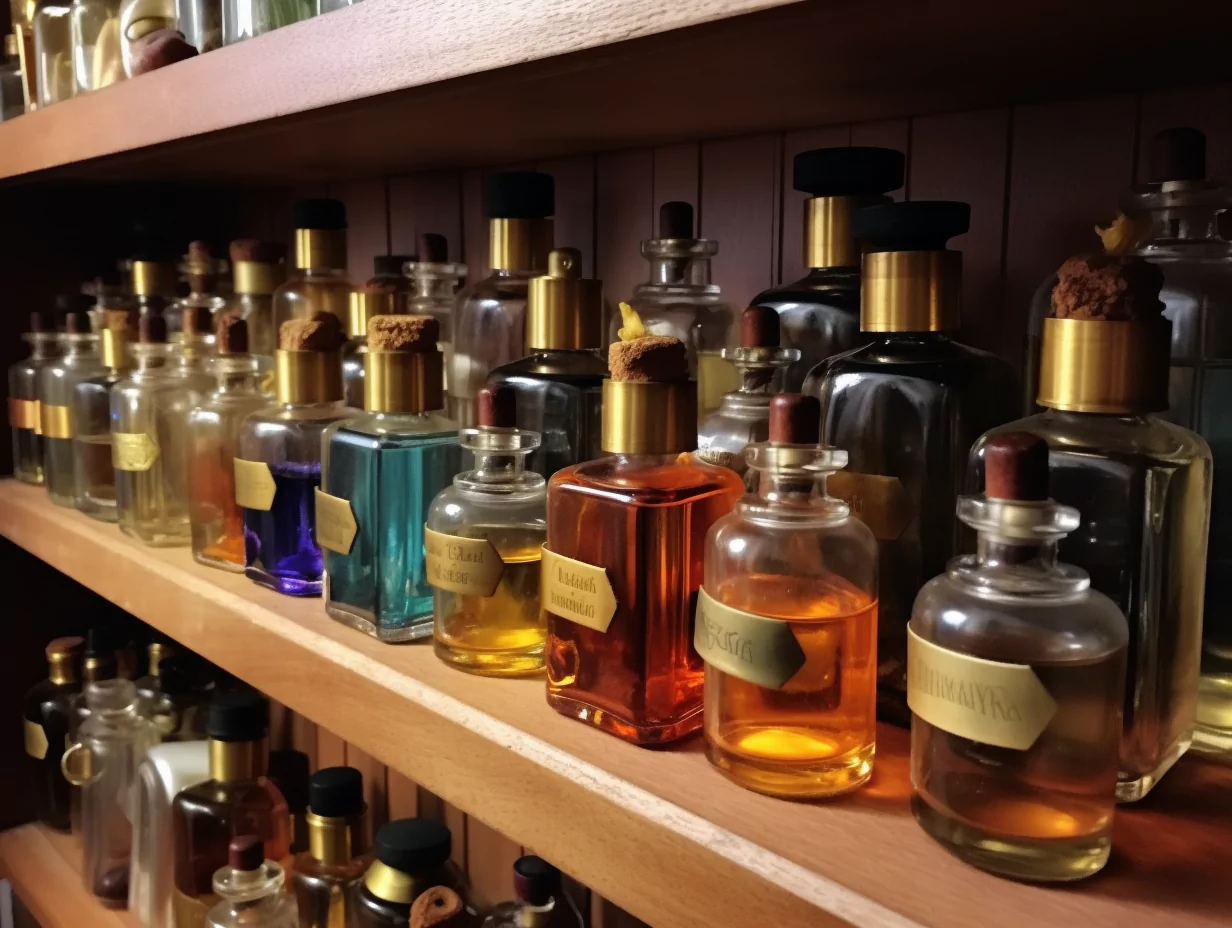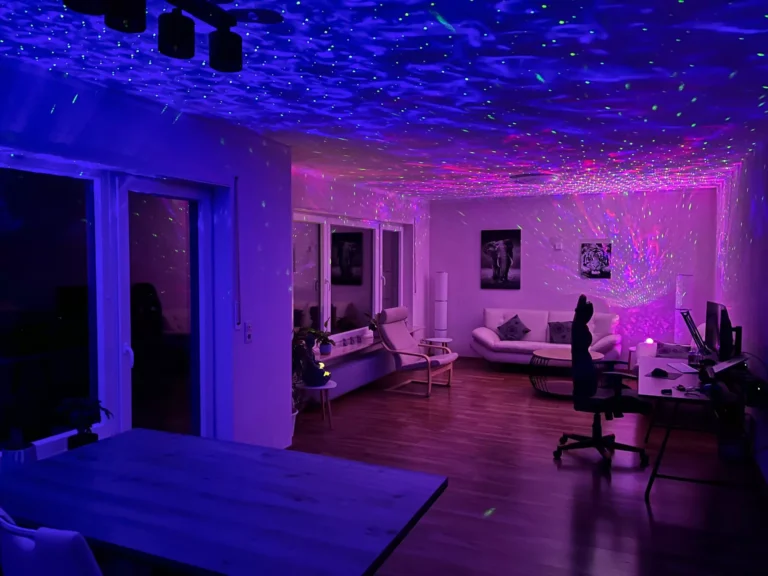Let’s talk about how to store your favorite scents so they can keep smelling great for as long as possible. In this article, I’ll address some common questions about perfume storage, like where and how to store it, whether refrigeration is a good idea, and how to tell if your perfume has gone bad.
Perfume Storage Basics: Location, Temperature, and More

The Chemistry Behind Perfume Degradation: A Quick Dive
Now that we’ve covered some basics on how to store your perfumes, let’s take a closer look at the chemistry behind why and how a perfume can go bad.
The Chemical Composition of Perfumes
Perfumes are a complex blend of essential oils, aroma compounds, solvents, and fixatives. The essential oils and aroma compounds are what give the perfume its unique scent, while solvents (usually alcohol) help disperse and stabilize the ingredients. Fixatives, on the other hand, help the fragrance last longer by slowing down the evaporation process.
Oxidation: The Enemy of Fragrances
Oxidation is one of the main reasons perfumes go bad. This chemical reaction occurs when the essential oils and aroma compounds in the perfume come into contact with oxygen. Over time, this can cause the scent to change or become less potent. Oxidation is more likely to occur when the perfume is exposed to air, heat, and sunlight.
Degradation of Essential Oils and Aroma Compounds
Essential oils and aroma compounds can be sensitive to environmental factors like temperature fluctuations, heat, and humidity. These factors can cause the molecules to break down or alter, leading to changes in the scent or even spoilage. In some cases, high heat can cause certain aroma compounds to evaporate, which weakens the overall fragrance.
Reaction Between Ingredients
Another reason perfumes can go bad is due to reactions between the different ingredients in the fragrance. Over time, certain components may react with one another, causing the scent to change or become less pleasant. This is more likely to happen in perfumes with a large number of ingredients or those containing ingredients that are chemically unstable. To sum it up, the chemistry behind perfume degradation comes down to factors like oxidation, the breakdown of essential oils and aroma compounds, and reactions between ingredients.
Check out the following Resources:
Perfume Longevity: How to Tell When It’s Time to Say Goodbye
Can perfume last 10 years?
While it’s possible for some perfumes to last up to 10 years, their longevity depends on factors like storage conditions, ingredients, and packaging. Generally, fragrances with higher concentrations of essential oils and higher-quality ingredients tend to last longer. Keep in mind that perfume may change over time, so it’s important to check the scent periodically.
Does perfume go bad in storage?
Perfume can indeed go bad in storage if not properly cared for. As we mentioned earlier, factors like sunlight, heat, humidity, and air exposure can cause the scent to break down, alter, or even spoil.
How can you tell if perfume has gone bad?
A perfume that’s gone bad may have a changed or off smell, a difference in color, or a change in texture. If you notice any of these signs, it’s time to say goodbye to your fragrance and invest in a new bottle.
Do unopened perfumes expire?
Unopened perfumes can still expire, although they generally last longer than opened ones due to minimal air exposure. To maximize the shelf life of an unopened perfume, store it in a cool, dark place, and ensure the seal is intact.
So there you have it, gents! By following these storage tips, you can extend the life of your favorite fragrances and keep them smelling great for years to come.






